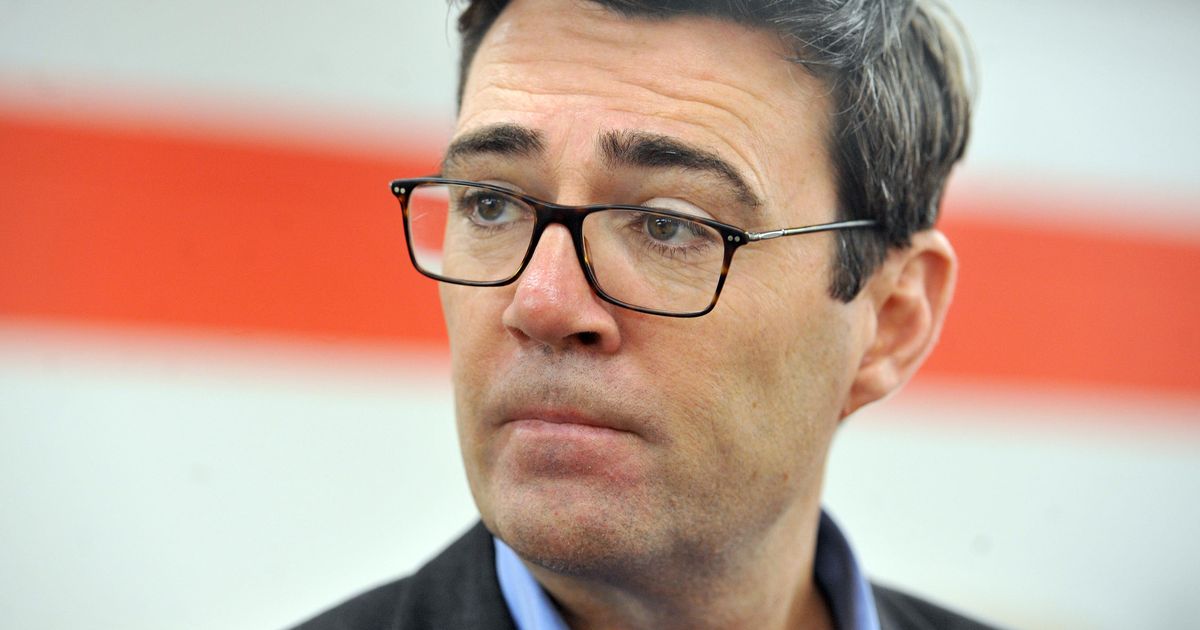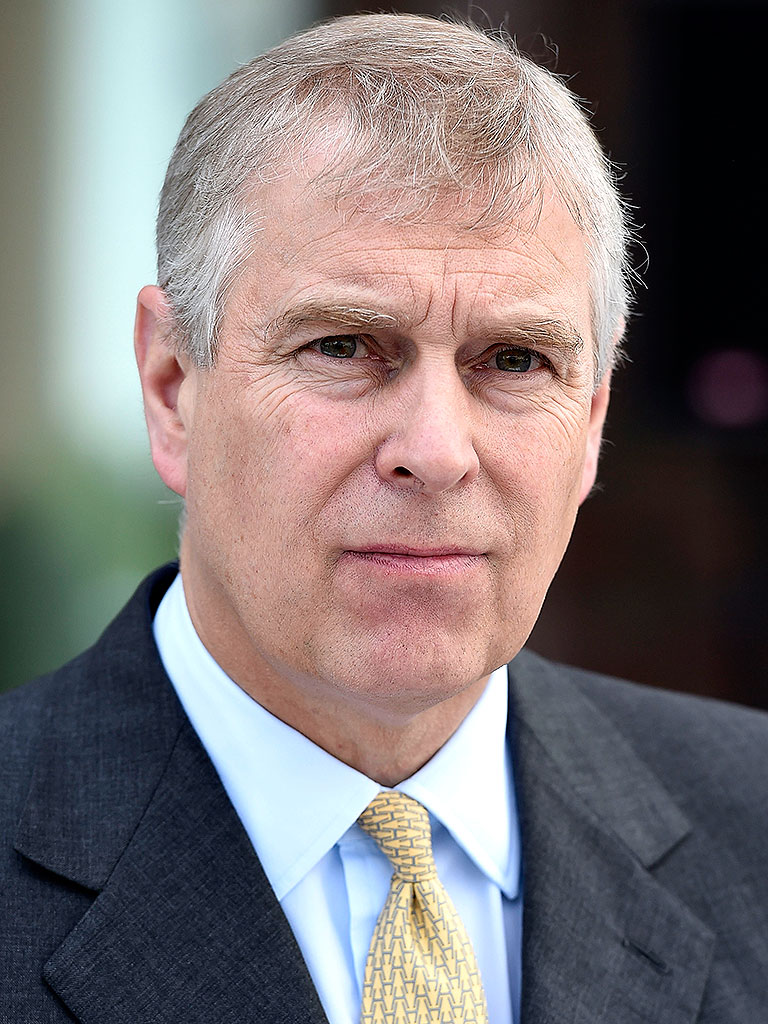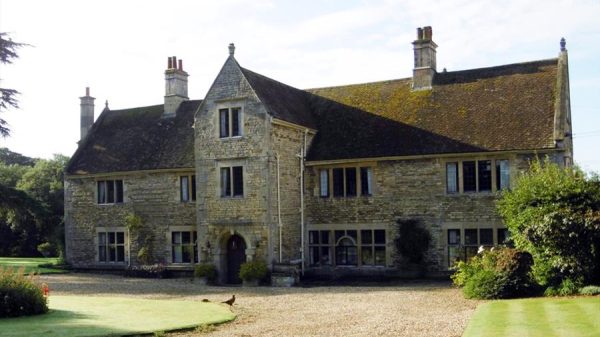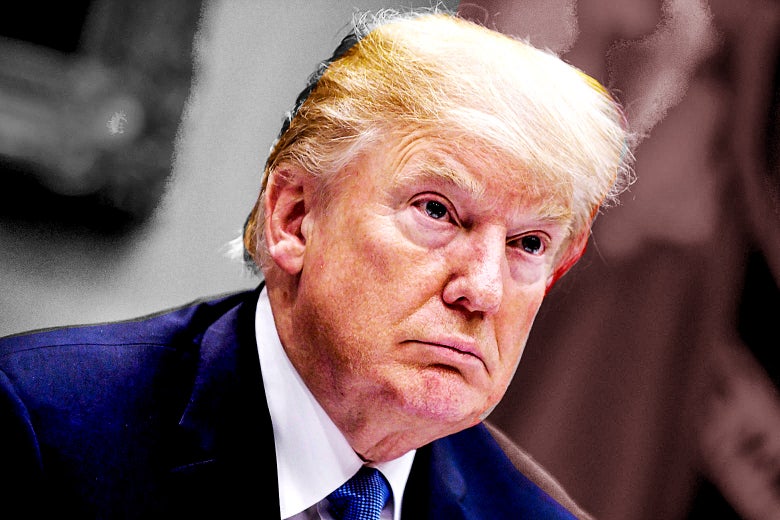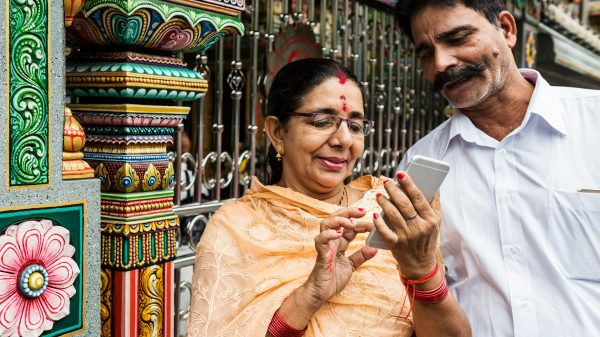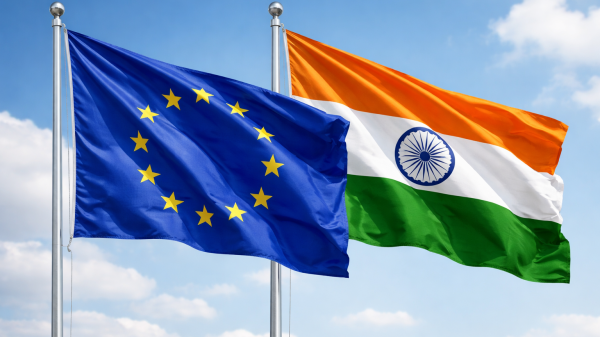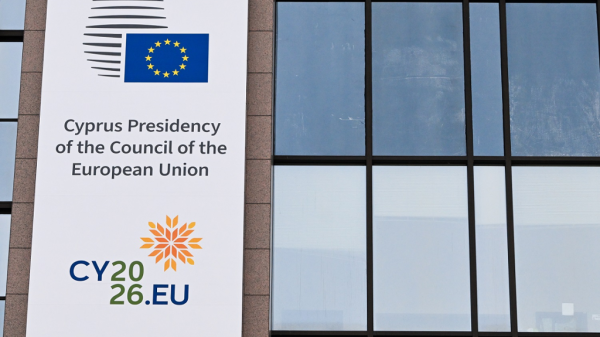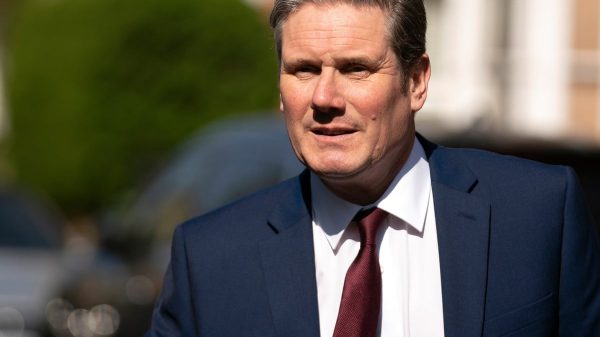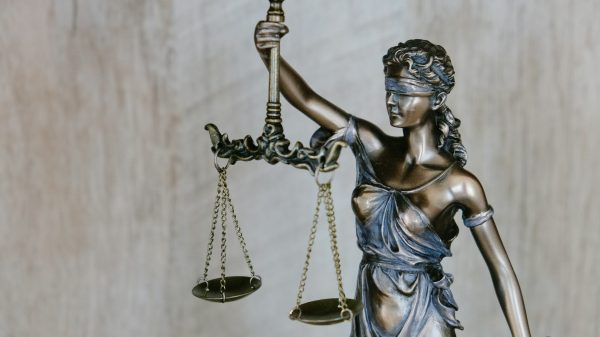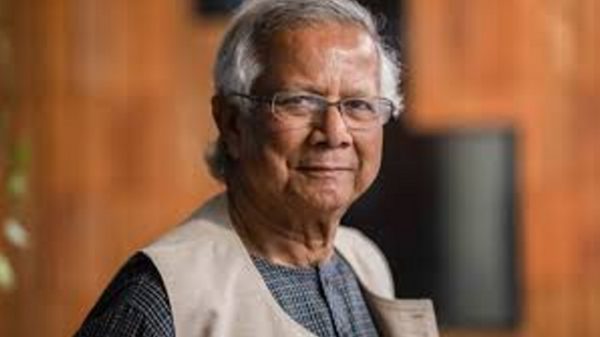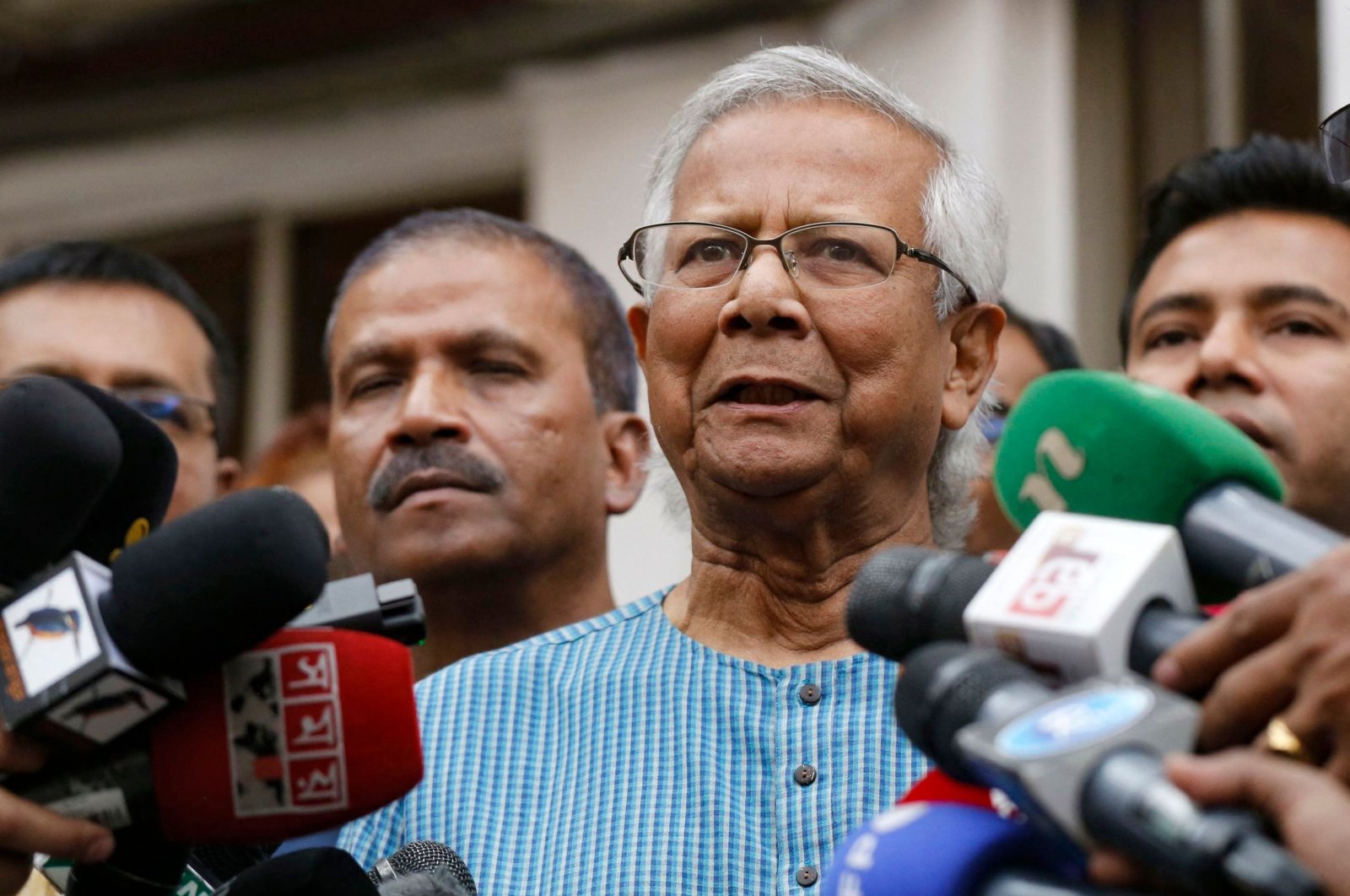The Yunus Interim Government has positioned itself as a force for stability following the ousting of Sheikh Hasina. But behind the rhetoric of reform lies a dangerous possibility: the regime’s anti-corruption efforts may be unevenly applied, raising fresh concerns about embedding cronyism at the heart of its political strategy, using selective enforcement, economic coercion, and intimidation of dissenting voices to reshape Bangladesh’s private sector in its own image.
A recent article in The Economist (22 June 2025) described the current situation in Bangladesh as “revolutionary in name but repressive in nature,” accusing the Yunus-led administration of replacing one system of patronage politics with another—while promoting extremist factions, clamping down on dissent, and using the rhetoric of reform to justify a widespread consolidation of economic and political power.
While Prime Minister Yunus has banned the Awami League and embraced extremist actors such as Jamaat-e-Islami, his administration—spearheaded by Central Bank Governor Mansur—has silenced nearly 300 journalists and begun an aggressive campaign of economic persecution. But this is not a fight against corruption. It is a calculated reshuffling of economic power, targeting those perceived as loyal to the former government while shielding allies who are just as entangled in questionable business practices.
Reform or political targeting?
Among the firms now under scrutiny are a cluster of major Bangladeshi conglomerates that flourished under the Awami League. These include groups in textiles, manufacturing, logistics, and consumer goods—some of the country’s largest employers and export generators. Their leadership has been accused of financial irregularities and foreign asset holdings, but many in the business community believe their real crime is political association.
These firms, it is said, are paying the price for their perceived proximity to the Hasina administration. “The message is clear,” said one business leader anonymously. “If you were close to the last government, you’re now on borrowed time.”
Uneven oversight?
It is no secret that financial misconduct, regulatory arbitrage, and political collusion have long been woven into the fabric of Bangladeshi commerce. But if the Yunus government were truly committed to cleaning house, it would not stop at these 10 or 11 firms. In reality, numerous other groups—some with well-documented offshore holdings and histories of questionable conduct—are being left untouched. Why?
The answer, critics say, lies in political loyalty. Many of these companies are believed to be channelling funds to the new regime or have forged quiet alliances with key figures in the administration. One recent allegation, yet to be officially substantiated, involves reported overseas property purchases by the family member of a senior Central Bank official—raising serious questions about the flow of wealth and its sources.
Similarly, Governor Mansur has come under fire for forcibly merging six domestic banks, which critics have alleged is an attempt to devalue them before selling them at fire-sale prices. His actions have prompted a debate over whether these institutions will be equitably restructured—or whether politically connected buyers are being positioned to benefit.
Major business groups not under investigation
Many major business groups’ foreign holdings and conduct suggest they are no more innocent than the companies now facing government scrutiny. Yet they remain untouched. Why?
Among the companies mentioned in press and policy circles:
- Groups with dominant positions in essential markets (such as edible oil and cement), which have faced past allegations of price manipulation or environmental non-compliance.
- Business families linked to both previous and current governments, some of whom have been appointed to new positions despite past scrutiny.
- Entities mentioned in international financial leak investigations (like the Pandora or Paradise Papers), where local follow-up action has reportedly been limited.
This is not reform—It’s a realignment
What is unfolding is not reform, but realignment—consolidating wealth and power under a new elite. International observers have suggested that Bangladesh’s ongoing political transition could mirror previous cycles in which economic influence shifts alongside political power. Analysts stress that for reforms to be credible, they must be perceived as impartial and grounded in rule-of-law principles.
As one observer put it: “This isn’t about good governance. It’s about who gets to write the next chapter in Bangladesh’s oligarchic playbook.”
Until the Yunus administration subjects all major players to the same scrutiny, critics will remain skeptical of claims that Bangladesh is entering a new era of clean governance.

